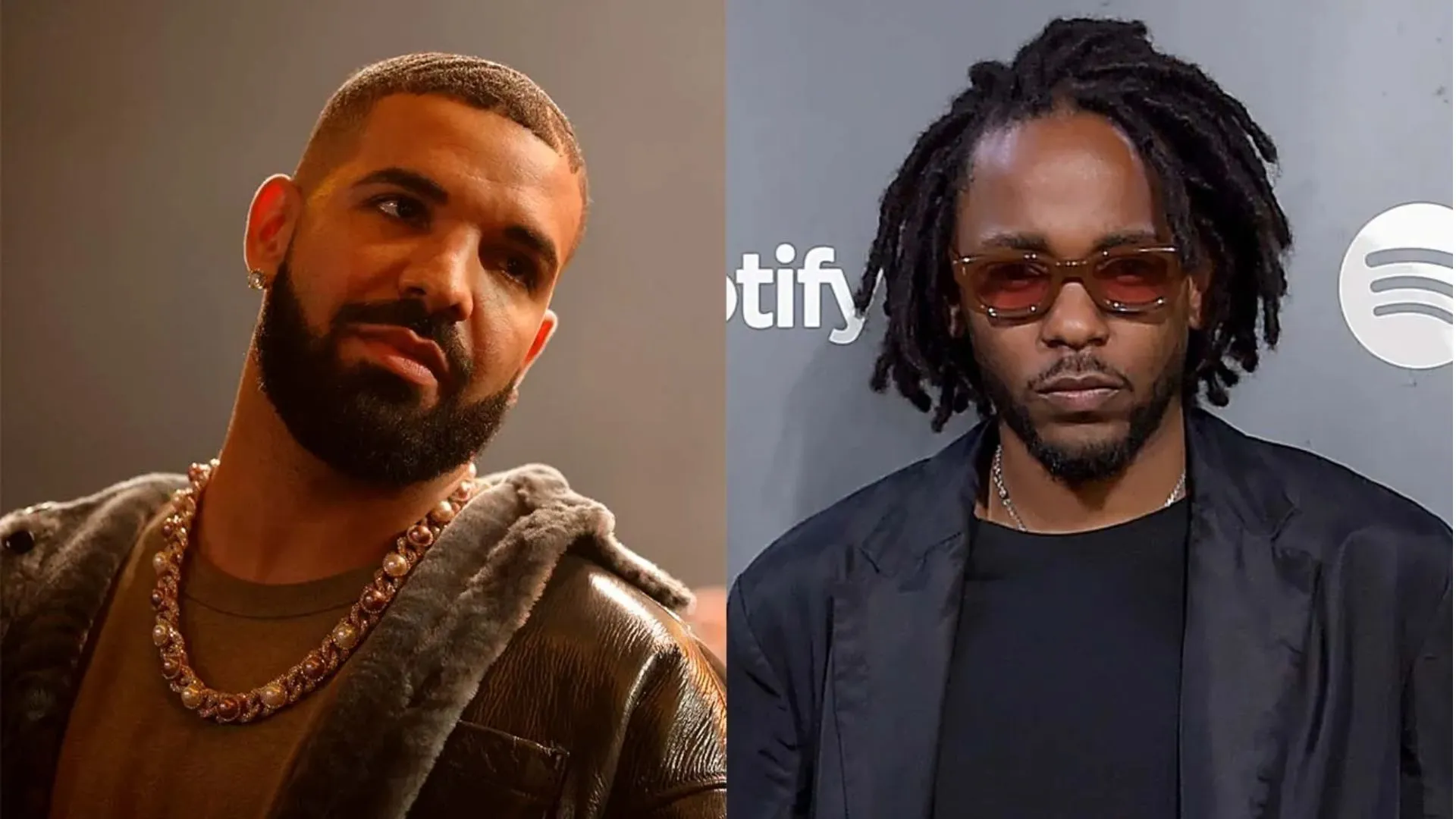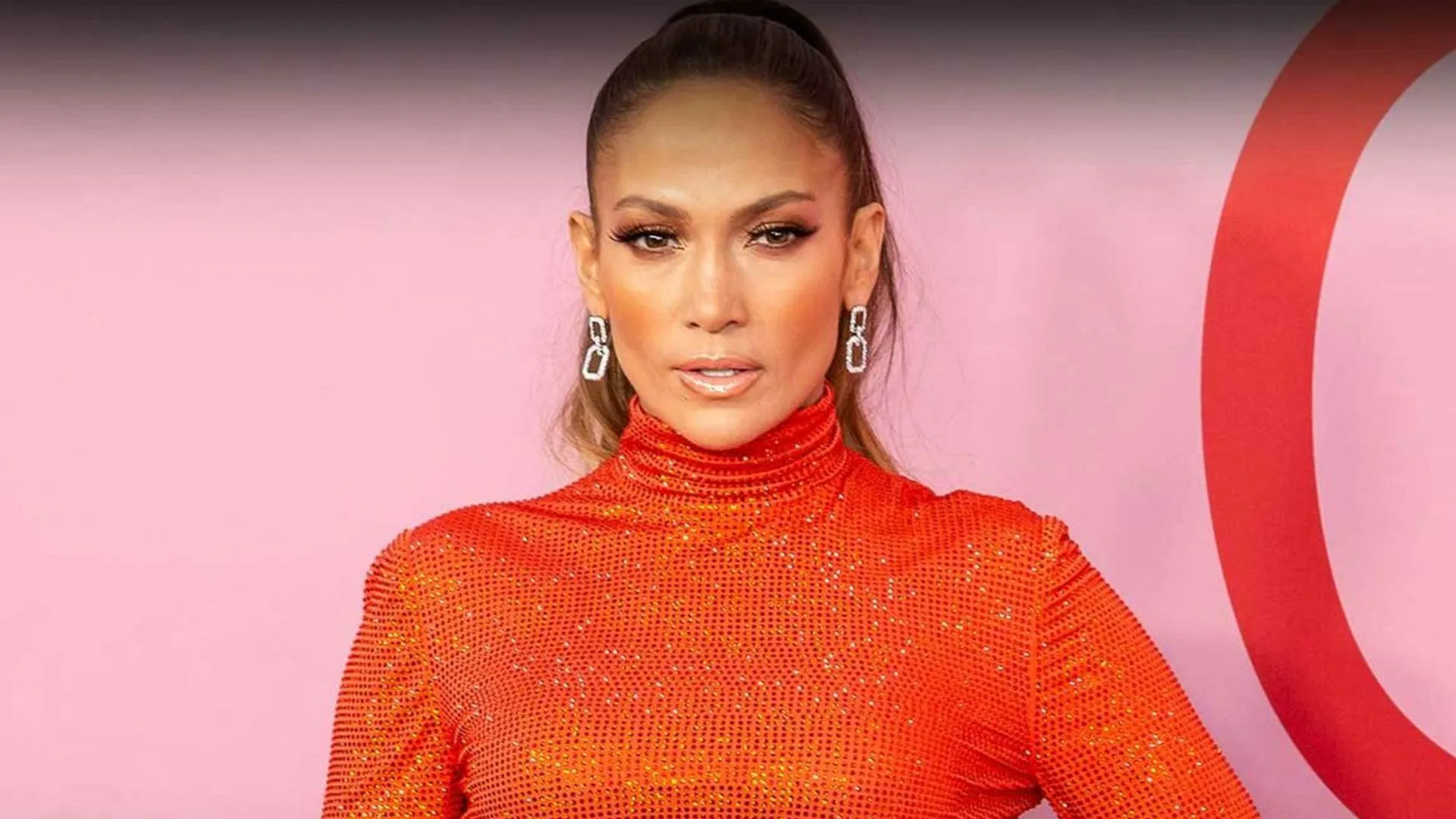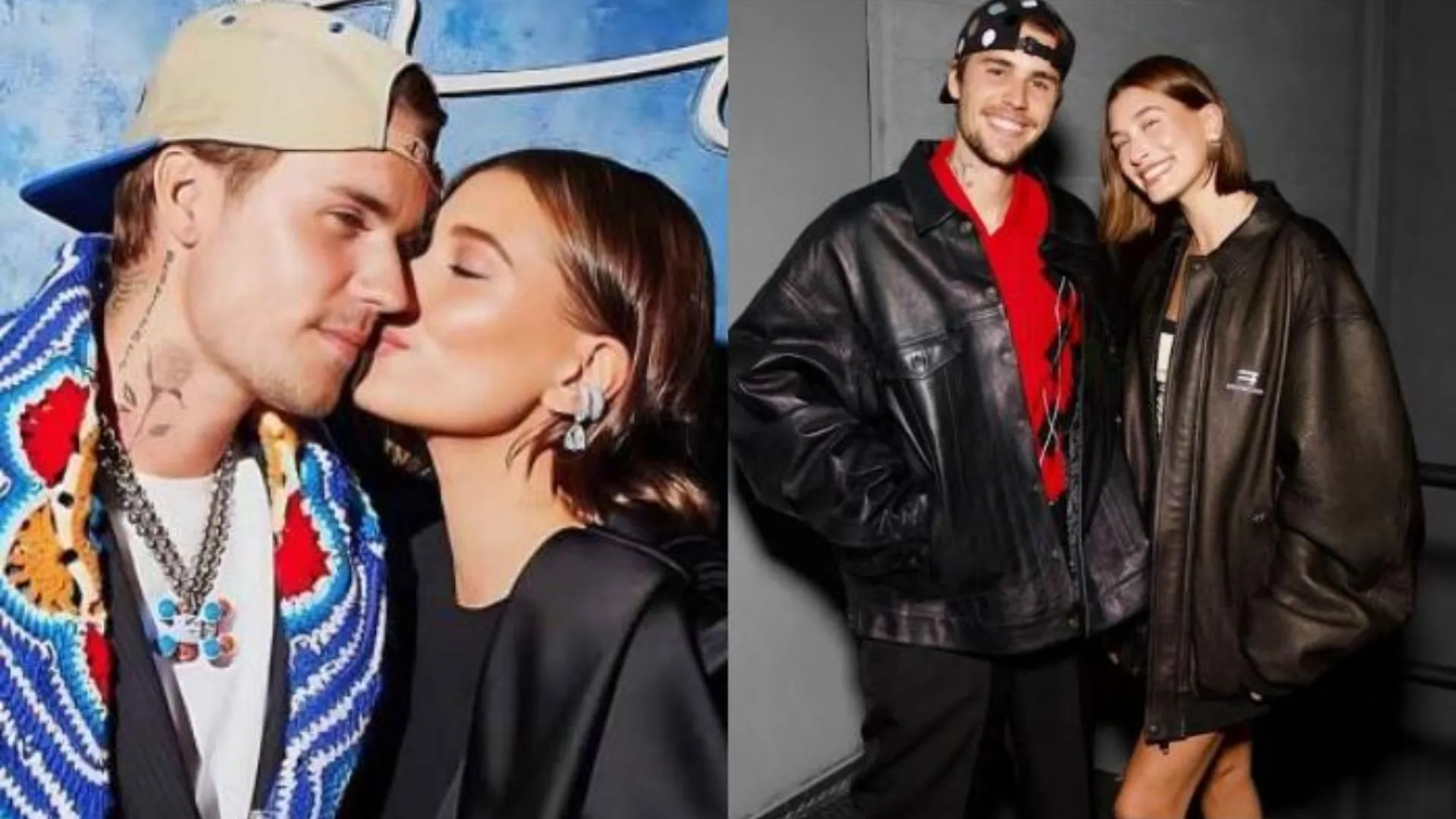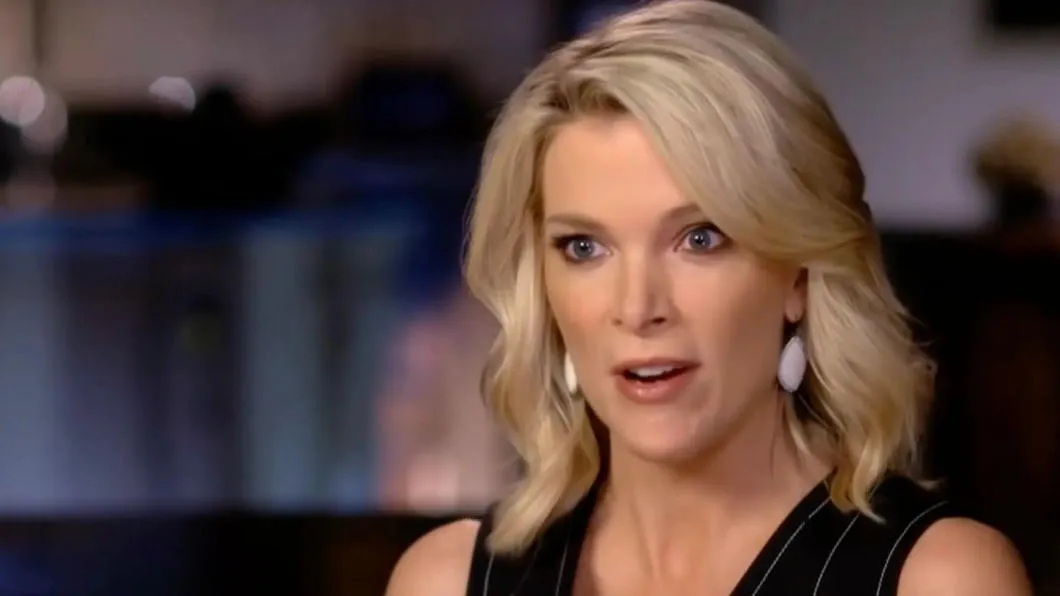Drake’s legal battle with Universal Music Group over Kendrick Lamar’s fiery diss track Not Like Us landed in federal court Monday, pushing the boundaries between artistic expression and defamation. US District Judge Jeannette Vargas held a lively hearing in New York but did not immediately rule on whether the case will proceed.
Drake Sues Over Kendrick Lamar Song
Drake’s lawsuit claims the Grammy-winning song falsely accuses him of being a sexual predator and promotes violence. His attorney Michael Gottlieb said Universal “published and promoted” the track, pushing it into mainstream culture far beyond the usual rap audience. “This song achieved a cultural ubiquity unlike any other rap song in history,” Gottlieb said, adding that even a “13-year-old dancing at a bar mitzvah” might hear it — a remark that drew a wry “That would be a very interesting bar mitzvah,” from Judge Vargas.
The lyrics of Not Like Us directly name Drake, call him a “colonizer,” and suggest he has inappropriate preferences. Drake’s legal team says the consequences have been real, pointing to break-ins at his Toronto mansion(shown in the song’s cover art) and even the shooting of a security guard.
Universal Defends Lyrics as Artistic Expression
Universal’s attorney Rollin Ransom argued the song is a piece of lyrical sparring typical of hip-hop, not a factual statement. He reminded the court that Not Like Us was part of a musical battle where both artists exchanged barbed tracks. He added that the lyrics should not be taken literally.
“Context is key,” Ransom said, calling it “trash-talking in the extreme.”
Ransom even read explicit lines from Drake’s diss track Taylor Made Freestyle in court. He apologized for the language but insisted it showed both sides were fully engaged in the exchange.
Drake is not suing Kendrick Lamar directly. Instead, the lawsuit targets Universal and includes a separate complaint against iHeartMedia. They were accusing it of accepting illegal payments to boost Not Like Us airplay. The parties settled that dispute in March. Now, Judge Vargas must determine whether Not Like Us qualifies as protected speech or crossed the line.























